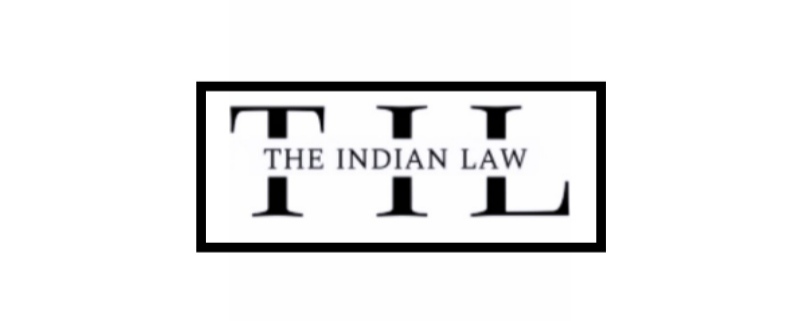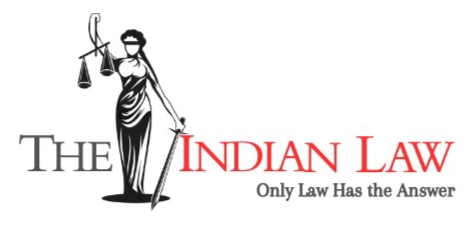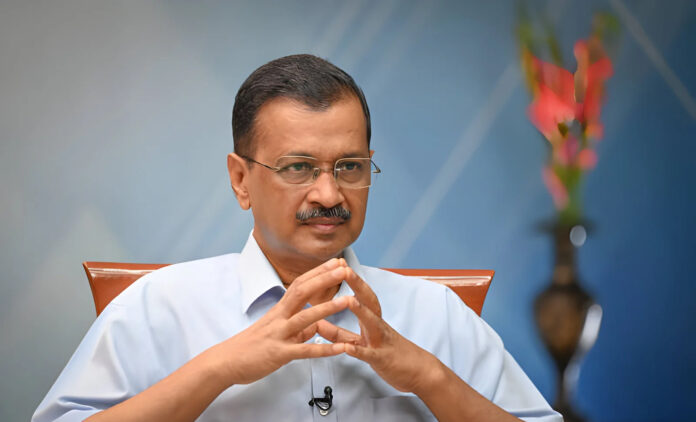Introduction
- Arvind Kejriwal, Chief Minister of Delhi, faced a pivotal legal battle regarding his arrest by the Central Bureau of Investigation (CBI).
- The case revolves around allegations by the Enforcement Directorate (ED) concerning financial irregularities.
- The Delhi High Court’s proceedings have significant implications for both legal and political landscapes in India.
Background and Allegations
- Enforcement Directorate Allegations: Accusations of financial misconduct have led to an ongoing investigation by the ED.
- CBI Involvement: The CBI’s arrest of Kejriwal came amid these ED investigations, sparking controversy and legal challenges.
- Legal Framework: The case raises questions about the powers of investigative agencies and the rights of individuals under investigation.
Legal Arguments
- Representation by Abhishek Manu Singhvi: Senior advocate Singhvi argued that Kejriwal’s arrest by the CBI was strategically timed as an ‘insurance arrest’.
- Purpose of the Arrest: Singhvi contended that the CBI’s action aimed to prevent Kejriwal’s release in the ED case, implying a tactic to prolong detention.
- Legal Implications: The argument highlights concerns about the misuse of arrest powers and procedural fairness in high-profile cases.
Court Proceedings
- Delhi High Court Hearing: A bench of justices at the Delhi High Court heard arguments from Singhvi and the CBI.
- Reserved Verdict: The court has reserved its verdict, indicating a thorough examination of legal complexities and precedents.
Legal Implications
- Judicial Precedents: The outcome could establish precedents for future cases involving the intersection of politics and law enforcement.
- Rights of Individuals: Discussion on the balance between investigative powers and individual rights under Indian law.
- Public Interest: The case has garnered public interest due to its implications for governance and transparency.
Conclusion
- Impact on Governance: The verdict will influence perceptions of governance and rule of law in India.
- Legal Precedents: The case could shape future interpretations of arrest powers and procedural fairness in high-profile investigations.
- Judicial Independence: Importance of judicial independence and fair trial standards in upholding democracy.


